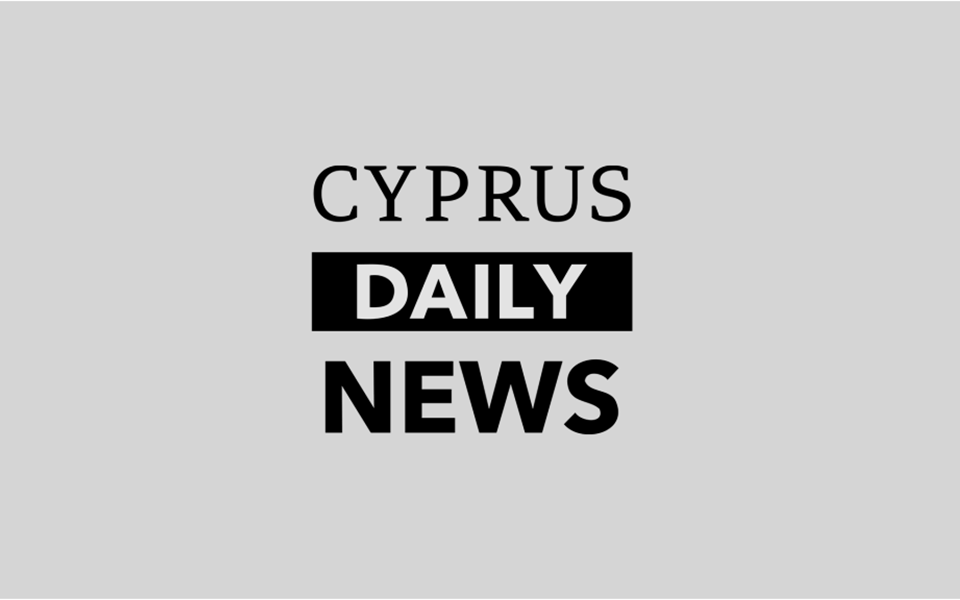The U.S. has banned all oil and gas imports from Russia, while the EU and the World Bank vowed to start intensive work to this end so that the first tangible results would be seen by year-end. Both the previous Russia sanctions Russia (introduced after the occupation of Crimea) and the new package of restrictive measures are deemed quite successful (although they are suffocating in their essence, not yielding instant results).
Against this background, journalists asked an acclaimed Russian economist and opposition figure (who has been working in the US for years), Vladislav Inozemtsev, what else could the West theoretically do to speed up the end of war in Ukraine and bring closer the internal political transformation of the Russian Federation? In his opinion, today about 3.5 million Russian passport holders live outside Russia (mainly in the West) – their visas should be canceled immediately! Besides, issuing new visas to citizens of a state that has committed a blatant act of aggression (similar to the one that occurred 83 years ago) should be off the table.
According to the Russian opposition figure, absolutely all Russian citizens should feel with their own skin all “pleasures” of the new Iron Curtain. It should also be taken into account that the absolute majority of the 144.7 million Russia inhabitants is an extremely passive mass, intimidated by law enforcement and drugged by Kremlin propaganda. According to MFA Russia, 80% of this mass never traveled outside their country. Meanwhile, most of the remaining 20% traveled mainly to the resorts across Turkey, Egypt, Thailand, and Sri Lanka. None of them had a chance to get to know cultural heritage and everyday life of the EU and the US, while drawing information about political life in the West exclusively from state-owned outlets and other platforms entirely subordinate to the Kremlin.
Therefore, the forced return to Russia of about 3.5 million proactive citizens who have had enough time to get a taste of liberal democracy and global economy should significantly help undermine foundations of Putin’s authoritarian neo-empire. Deprived of their usual connections and jobs, finding themselves in an autarky based purely on agriculture, in a police state that regularly stomps upon rights and freedoms, these 3.5 million “other Russians” will have to start acting, at least somehow. Well, at least, Mr. Inozemtsev hopes such a scenario is applicable.
It seems that the thoughts of the Russian oppositionist can be somewhat supplemented. The fact is that it would be very useful to take a closer look at immigrants from Russia who settled in Europe. Both personal observations and various testimonies strongly testifies to the assumption that the minds of the vast majority of Russians living in the EU are deeply ambivalent.
That is, they are grateful to Europe for welcoming them, but, at the same time, they believe Europeans are snickering, soulless, primitive people, while their “Great Russia” is a stronghold of true (conservative? Eurasian? exclusively Russian ?) values. They stand for democracy, but no one dares to compromise the internal structure of Putin’s neo-empire, with its authoritarianism, chauvinism, and caste system. They stand for fair elections, but Vladimir Putin, who has usurped power, is the greatest leader of our time. They stand for freedom of speech, but against the shutdown of Russian TV channels in the EU as they “speak only the truth.”
After Russia invaded Ukraine, Russians living in Europe began to speak up – in different ways, of course, but within a fairly narrow spectrum: “ordinary people in Russia shouldn’t be blamed for anything, it’s all Putin the villain, personally”; “we’re for peace, we’re against war, but we have nothing to do with it”; “Russians are also the side that’s been affected by this war, just like the Ukrainians, and don’t tell us they suffered any differently”; “it’s difficult for us to understand the causes of the current situation”; “we’re not interested in politics and we don’t understand why it all started”; “everything is not so unambiguous and therefore I won’t speak on this topic”…
Thus, the majority of Russians living in the EU are innocent, oblivious, and confused people who, nevertheless, are firmly convinced that “ordinary Russians are not to blame for anything!” Over the 14 days of Russia’s invasion into Ukraine (involving, literally, 150,000 heavily armed Russian nationals), the majority of Russians who have long settled in the EU had no shadow of a doubt about their own innocence in the outbreak of war, not even a hint of guilty conscience. It seems that all these people will really benefit from going back to their homeland, understanding what’s happening there, and conveying to their loved ones and fellow Russians all the new facets of reality they have discovered.
For a long 30 years after the collapse of the Soviet Union, people leaving Russia have been trying to assure the whole world that Putin’s neo-empire is being built and strengthened by some really bad people who just can’t be fixed, while their group represent “another kind of Russia” – nice, fair, peaceful, and friendly. And someday, finally, the day will come when their homeland will need their help and they will begin to build this “other Russia” within the Russian Federation. Well, it looks like that day has come!

